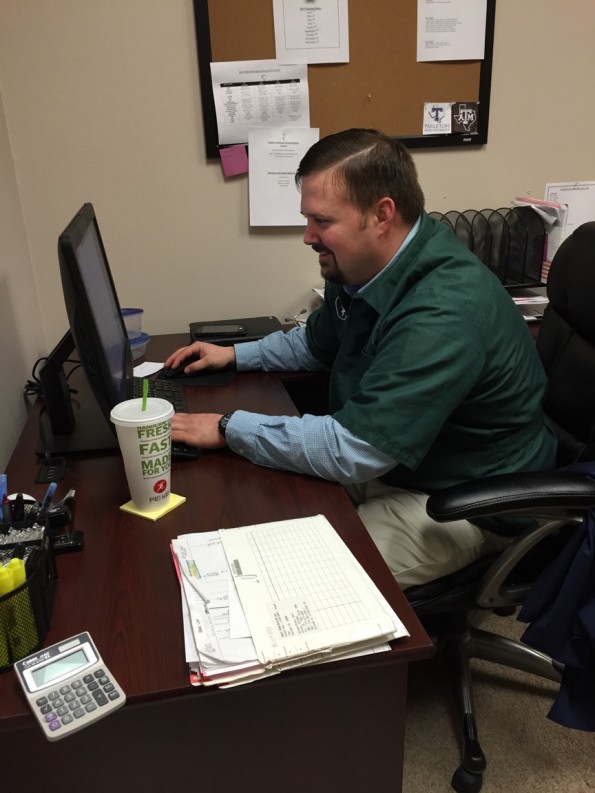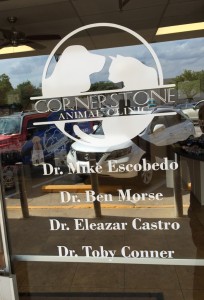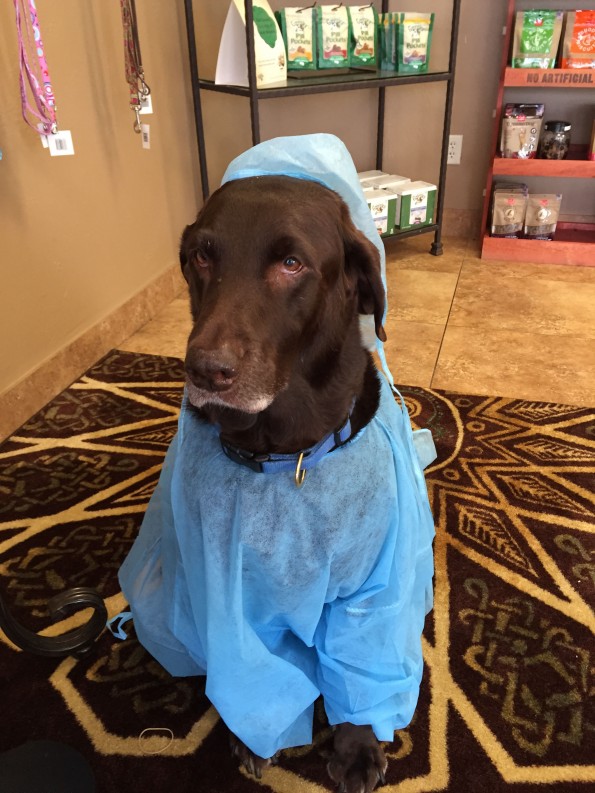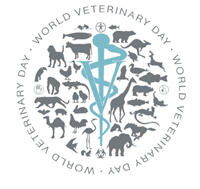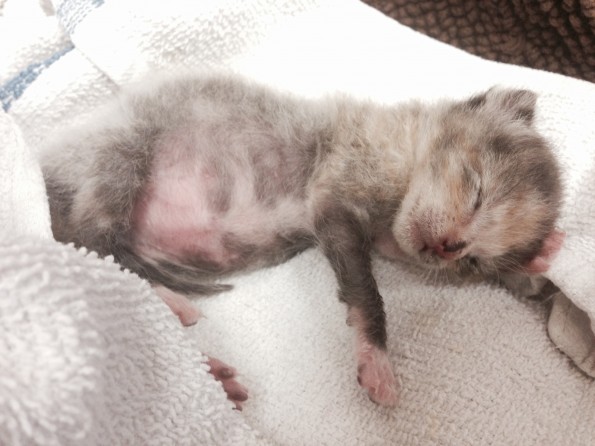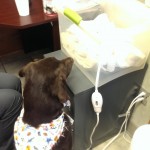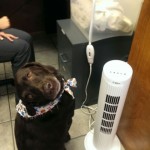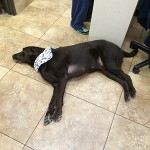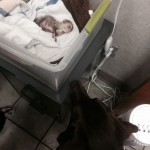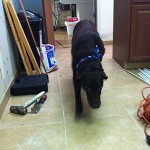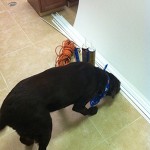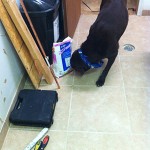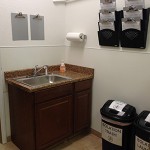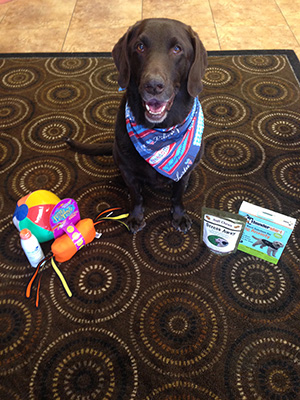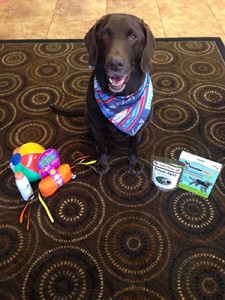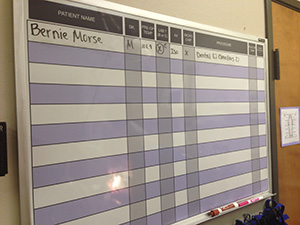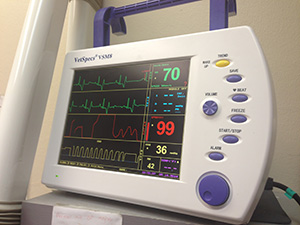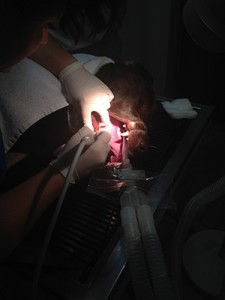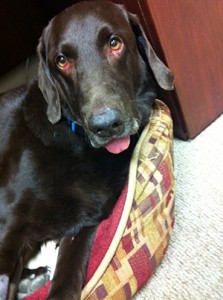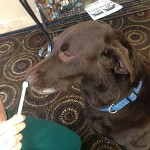This year I have been bugging my dad (Dr. Morse) to take me trick-or-treating!!! I think I might dress up as a Veterinarian! Ha! Unfortunately he has been telling me that it might not be the best idea for me to go out that night. Halloween can be a festive and fun time for families and their 2-legged kids, but for pets? Let’s face it, it can be a downright nightmare. Forgo the stress and dangers for you and your pet this year by following these 10 easy steps:
1. Trick-or-treat candies are not for your pets.
ALL forms of chocolate–especially baking or dark chocolate–can be dangerous, even lethal, for dogs and cats. Symptoms of chocolate poisoning may include vomiting, diarrhea, rapid breathing, increased heart rate, and even seizures. Halloween candies or gum containing the artificial sweetener Xylitol can also be poisonous to your dog. Even a small amount of Xylitol can cause a sudden drop and in blood sugar and subsequent loss of coordination and seizures. It can even cause liver failure or death. If your pet consumes any candy, call us immediately, as some toxicity can begin in as little as 10 minutes after ingestion.
2. Don’t leave your pets outside on Halloween.
Unfortunately vicious pranksters have been known to tease, injure, steal, and even kill pets on Halloween night. This is inexcusable, but preventable nonetheless.
3. Keep your pets confined and away from your front door.
Not only will your door be constantly opening and closing on Halloween, but strangers will be dressed in unusual costumes and yelling loudly for candy. This, of course, is very scary for our furry friends. Dogs are especially territorial and may become anxious and growl at innocent trick-or-treaters. Putting your dog or cat in a secure room away from the front door will also prevent them from darting outside into the night…a night when no one wants to be searching for a lost loved one.
4. Keep your outdoor cats inside several days before and several days after Halloween.
Black cats are especially at risk from pranks or other cruelty-related incidents. In fact, many shelters do not even adopt out black cats during the month of October as a safety precaution.
5. Keep Halloween plants such as pumpkins and corn out of reach of your pets.
Although they are relatively nontoxic, such plants can induce gastrointestinal upset if they are ingested in large quantities. Intestinal blockage can even occur if large pieces are swallowed.
6. Don’t keep lit pumpkins around your pets.
Should your furry family member get to close, they run the risk of burning themselves or knocking it over and causing a fire.
7. Keep wires and electric light cords out of reach.
If chewed, your pet could cut themself on shards of glass or plastic, or possibly receive a life-threatening electrical shock.
8. Don’t dress up your pet in a costume unless you know they will love it.
If you do decide that Fido or Kitty need a costume, make sure it isn’t annoying or unsafe. It should not constrict movement, hearing, or the ability to breathe, bark, or meow.
9. Do a trial run of the pet costumes before the big night.
If your pet seems distressed, allergic, or shows abnormal behavior, consider letting them go in their “birthday suit”. Festive bandanas usually work for party poopers too.
10. IDs please!
If your pet should escape and become lost, having the proper identification will increase the chances that they will be reunited with your family. Make sure the information is up-to-date, even if your pet does have one of those fancy-schmancy microchips!
I hope you all have a fun and safe Howl-O-Ween!!
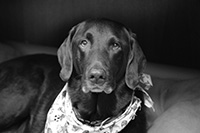
Bernie Morse, Official Howl-O-Ween Treat Inspector



